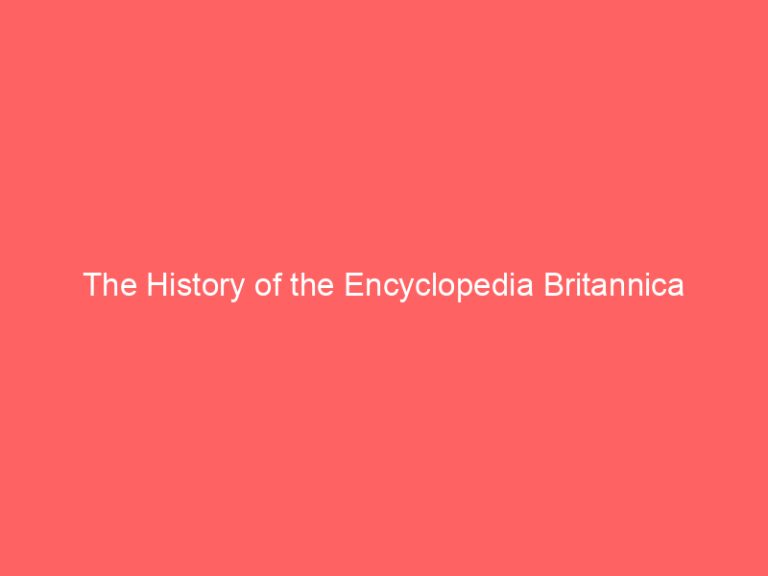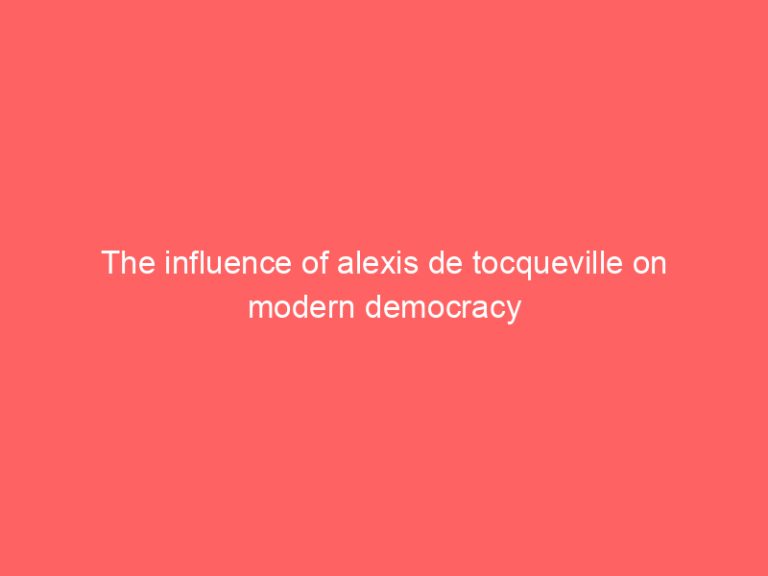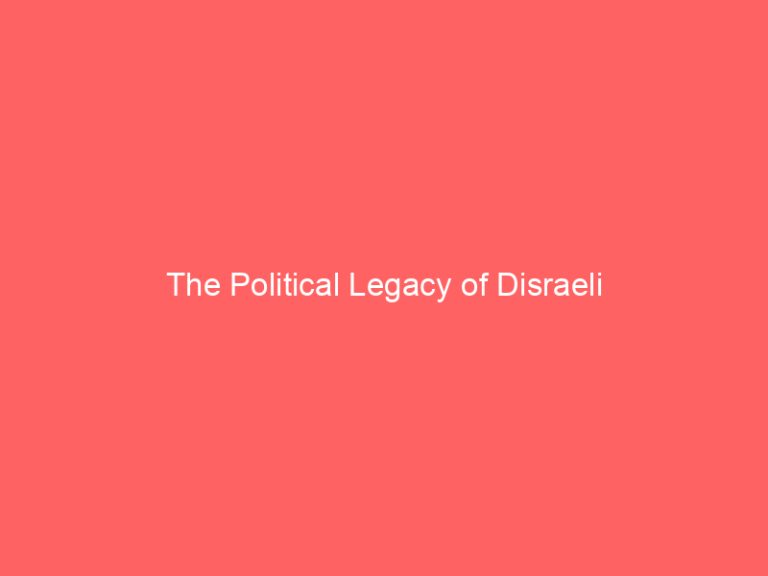The Impact of Dispatches on War Literature
When you dive into the world of war literature, you can’t help but notice the profound impact that firsthand accounts have on storytelling. "Dispatches by Michael Herr" stands out as a pivotal work that reshaped how you perceive the chaos and complexity of war. Through innovative narrative techniques, Herr captures the raw emotions and psychological realities faced by soldiers and journalists alike. You’ll find that his influence extends to contemporary war writers, blurring the lines between journalism and fiction. As you explore this intersection, you’ll uncover the cultural reflections that continue to resonate in today’s narratives.
Key Takeaways
"Dispatches" by Michael Herr blurs the lines between journalism and fiction, influencing modern war narratives and emotional engagement.
The evolution of technology has transformed war reporting and public perception, leading to more immediate and relatable narratives.
Narrative techniques in war literature emphasize personal experiences and emotional connections, challenging traditional understandings of truth.
Cultural reflections significantly shape war stories, revealing how diverse perspectives influence empathy, comprehension, and representation of conflicts.
The Evolution of War Reporting
You might notice how war reporting has changed, reflecting advances in technology and shifts in public perception. In the past, you’d rely on newspapers and telegrams for updates, often days or weeks after events occurred. Now, you can access live coverage on your smartphone or tablet, bringing the battlefield directly to your fingertips. As a result, your understanding of conflicts has become more immediate and personal. This evolution has not only altered how you consume news but also shaped the narratives that emerge in war literature.
Narrative Techniques in Dispatches
Narrative techniques in dispatches often blur the line between fact and fiction, allowing you to experience the chaos of war more intimately. You’ll find vivid imagery that pulls you into the moment, making you feel as if you’re right there on the battlefield. The use of personal anecdotes connects you to the soldiers’ experiences, bringing their emotions to the forefront. You might also notice a non-linear timeline, reflecting the disorientation of war, which keeps you engaged. Through these techniques, the truth of war becomes a layered narrative, inviting you to question what you think you know.
Psychological Realism in War Literature
Psychological realism in war literature helps you connect deeply with the emotional struggles of soldiers. You’ll find that their fears and anxieties reflect your own vulnerabilities. The raw honesty of their experiences makes you question the nature of bravery and sacrifice. As you immerse yourself in their thoughts, you start to feel the weight of their decisions. This connection fosters a profound understanding of the human condition in times of conflict.
Influence on Contemporary War Writers
Contemporary war writers often draw inspiration from dispatches, reflecting their raw emotion and immediacy in their own works. You can see how these firsthand accounts shape narrative styles and themes, making the stories feel more authentic. They often evoke a sense of urgency that resonates with readers, pulling you into the chaos of conflict. By using the stark truth found in dispatches, writers create a deeper connection with their audience. This influence helps you understand the psychological depths of those who experience war firsthand.
The Blurring of Journalism and Fiction
You might notice how the lines between journalism and fiction often blur in contemporary war literature. This fusion can shape not only the narratives but also the ethics of reporting and how readers perceive these stories. As you delve into the impact of dispatches on war literature, consider the various dimensions that emerge from this intriguing intersection.
The Role of Dispatches
Dispatches play a crucial role in shaping your understanding of the complexities and realities faced during wartime. They provide firsthand accounts that can evoke strong emotional responses. As you read these reports, you’ll find yourself grappling with the stark contrasts between facts and fiction. The immediacy of dispatches often influences how narratives are constructed in war literature. Ultimately, these pieces serve as a bridge, connecting you to the lived experiences of those in conflict zones.
Fictionalized War Narratives
Fictionalized war narratives often challenge your understanding of reality by blending true events with imaginative storytelling. You’ll find that these stories can evoke powerful emotions, making you reconsider the nature of truth in conflict. Characters may be inspired by real-life figures, yet their experiences might take unexpected turns. As you read, you might question what’s fact and what’s fiction, creating a complex relationship with the material. Ultimately, these narratives can leave you pondering the implications of storytelling in the context of war.
Ethics in Reporting
Ethics in reporting can often become a complex challenge, especially when the stakes are as high as in war literature. You might find that the pressure to convey the truth can conflict with the need to create compelling narratives. It’s essential to consider how sensationalism can distort reality and impact public perception. You’ll also encounter the dilemma of representing the voices of those affected versus the desire to maintain journalistic integrity. Ultimately, navigating these ethical waters requires careful thought and responsibility.
Reader Perception and Impact
Reader perception significantly influences how war literature is interpreted and understood, shaping emotional responses and critical viewpoints. You might find that your background and experiences affect how you connect with the narratives. The way you view a dispatch can alter your understanding of its implications on reality. As you engage with these texts, your emotional reactions can either deepen or blunt the impact of the stories being told. Ultimately, your perspective plays a crucial role in how the blurred lines of journalism and fiction resonate with you.
Cultural Reflections in War Narratives
In examining war narratives, you’ll notice how cultural perspectives shape the portrayal of conflict. The stories told often reflect the values, fears, and hopes of the societies from which they emerge. As you delve deeper, you’ll uncover the narrative shifts that highlight these cultural reflections in unique and compelling ways.
Cultural Perspectives in Conflict
Cultural perspectives in conflict often shape how you perceive the motivations and actions of those involved. They influence your understanding of loyalty and betrayal, often blurring the lines between heroism and villainy. When you read about different cultures’ experiences in war, you’re likely to see distinct narratives emerge based on their values. These perspectives can create empathy or distance, depending on your own background. Ultimately, your interpretation of the conflict is deeply rooted in the cultural lens through which you view it.
Narrative Shifts in War Stories
Narrative shifts in war stories often reveal how your understanding of conflict can change based on different perspectives and storytelling techniques. You might find that a soldier’s account can contrast sharply with a civilian’s experience. When you read these varying narratives, the emotional weight of each story can influence your perception of the war. Additionally, the shifts in tone and focus can lead you to empathize with characters you might not have considered otherwise. Ultimately, these narrative changes shape your overall comprehension of the complexities of warfare.
The Lasting Legacy of Dispatches
You can’t underestimate the profound impact "Dispatches" has had on the landscape of war literature. Its unique approach to storytelling has set a standard that continues to influence writers today. As you delve deeper, you’ll see how it shaped authenticity, narrative styles, public perception, and connections to historical events.
The Role of Authenticity
Authenticity plays a crucial role in how you connect with the experiences depicted in war literature. It allows you to feel the weight of the words and the truth behind the stories. When a narrative resonates with genuine emotions, you’re drawn into the realities of conflict. You can sense the struggles and triumphs of those who lived through it, making the experience more visceral. Ultimately, it’s this authenticity that deepens your understanding and empathy for the human condition in times of war.
Influence on Narrative Styles
Many writers today draw inspiration from the innovative narrative styles that emerged from ‘Dispatches,’ blending personal experience with broader historical context. You can see this in how they weave their own stories into the fabric of larger conflicts. Their narratives often shift between first-person accounts and observational commentary, creating a dynamic reading experience. This style invites you to engage more deeply with the emotional and psychological realities of war. Ultimately, it challenges you to reconsider the boundaries between memoir and history.
Shaping Public Perception
Shaping public perception often hinges on the stories that resonate most with audiences, influencing their views on conflict and its consequences. You’ll find that "Dispatches" presents a raw, unfiltered perspective that challenges sanitized narratives. By capturing the chaos of war, it allows readers to connect emotionally and intellectually with the realities soldiers face. This connection often alters how the public perceives military actions and their implications. Ultimately, the stories you engage with can shift not just opinions, but also the broader discourse surrounding war.
Connection to Historical Events
The connection to historical events in "Dispatches" allows you to gain a deeper understanding of the realities faced by soldiers and civilians alike. You’ll encounter vivid depictions that bring the chaos of war to life. This perspective challenges you to reflect on the broader implications of conflict. You’ll notice how historical accuracy enhances the emotional weight of the narrative. Ultimately, it creates a more profound connection between the reader and the experiences of those involved in the war.
Frequently Asked Questions
How have technological advances changed the way dispatches are reported in modern warfare?
Technological advances have dramatically changed how dispatches are reported in modern warfare. You’ve likely noticed that news travels faster than ever, thanks to smartphones and social media platforms. With real-time updates, journalists can share information almost instantly, keeping you informed about ongoing conflicts. Drones and satellite imagery provide unprecedented access to battlefields, allowing reporters to gather visual evidence that wasn’t possible before. Moreover, mobile communication has enabled embedded journalists to relay their experiences directly from the front lines, creating more immersive storytelling. Overall, these innovations have transformed the landscape of war reporting, making it more immediate and engaging for you as a reader.
What role do personal biases play in the interpretation of dispatches?
Personal biases can significantly influence how you interpret dispatches. When you read a report, your own beliefs, experiences, and emotions can shape your understanding of the events described. If you have a strong opinion about a particular conflict, for instance, you might focus on details that support your viewpoint while overlooking opposing information. Additionally, the way a dispatch is framed can trigger your biases, leading you to interpret the same information differently than someone with a contrasting perspective. It’s essential to recognize these biases, as they can distort your perception of reality. By being aware of your predispositions, you can strive for a more balanced understanding of the information presented.
How do different cultures perceive war literature and dispatches?
When you think about how different cultures perceive war literature and dispatches, it’s clear that context matters a lot. In some cultures, war stories might be seen as heroic tales of bravery, while in others, they could be viewed as tragic accounts highlighting the futility of conflict. You might notice that the language and imagery used in these narratives can vary significantly based on cultural values and historical experiences. For instance, a culture that values honor might celebrate the sacrifices made, while another could focus on the personal losses and moral dilemmas faced by individuals. This diversity in perception can shape how people react to the messages conveyed in war literature. Ultimately, understanding these cultural differences can enrich your appreciation of various narratives surrounding conflict.
If you’re intrigued by the complex interplay of emotions and destiny in literature, I highly recommend visiting this page on the themes of love and fate in "Romeo and Juliet." Exploring how these themes manifest within Shakespeare’s classic can enhance your understanding of war literature through its emotional depth. Check it out here: romeo and juliet.



